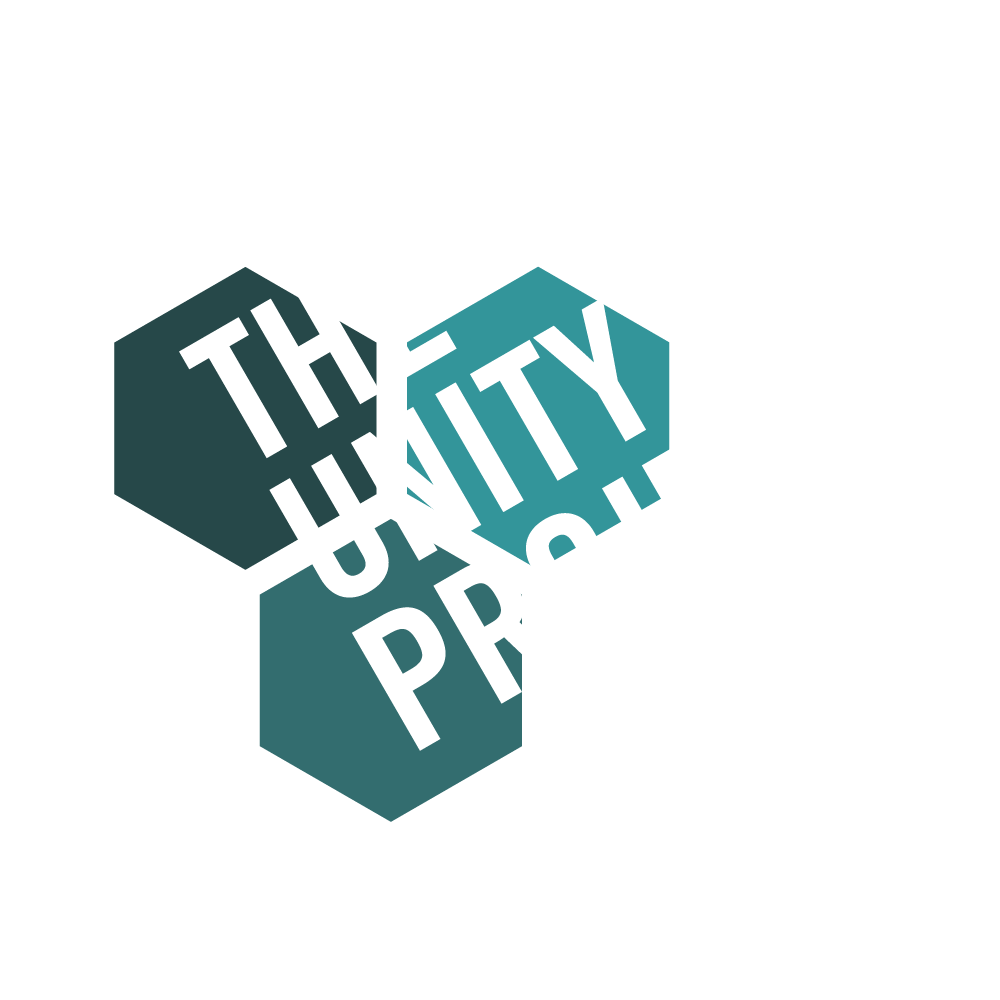Why we are here
The no recourse to public funds (NRPF) policy exacerbates poverty, inequality and discrimination and should end.
While it continues and as part of our work to end it, we support people to remove the NRPF condition from their leave to remain.
What we do
We run weekly casework sessions every Tuesday where we provide appointments and workshops for people with NRPF to help make ‘Change of Conditions’ applications for recourse to public funds. This means that people can access the welfare safety net in times of crisis or hardship.
With the evidence that we gather through our casework and with the people that we meet who are impacted by NRPF, we can pursue lasting policy change through engaging with Home Office officials and parliamentarians, and through strategic litigation where necessary.
We also provide emergency material supplies to those we assist.
We train, supervise, support and learn from a team of empathetic and dedicated casework volunteers, many of whom have experienced the system first-hand, to become more effective in this work and future related work.
Principles
We don’t want a project like ours to be necessary. We want the NRPF condition and the discrimination it contributes towards to end. We acknowledge that this may not happen quickly and we want to be sustainable while we’re needed, and only as long as we’re needed.
We want to be representative of and accountable to people who have navigated the systems and structures that we are advocating to change. This includes, but is not limited to, people who have used our service.
While our main area of focus is the NRPF policy, we also want to see the end of other systems of inequality and discrimination such as racism. We want to do this as part of a broader movement, and beyond professionalised organisations.
We commit to treating everyone we advise as an individual, deserving of effective, thorough and empathetic support.
We want to be tenacious, innovative, reflective and adaptable.
Much of the work that we do as a project is volunteer-led. We are very conscious that unpaid or under-paid work can exacerbate poverty and inequality, and that the expectation of providing unpaid time can exclude many people from projects like ours. We also believe that there are non-monetary ways to value time, that money should not be the only incentive to do the work we do, and that many of our team actively do not seek to be paid for the time they provide. We commit to trying to address and be reflective about these issues around remuneration, for example by:
Paying our staff a living wage, calculated according to the real cost of living for a family
Offering paid opportunities to volunteers whenever they offer time above their agreed commitment
Some of our paid staff choose to volunteer for the same amount of time that our regular volunteers offer the project each week
Covering expenses like travel and childcare to make volunteering as accessible as possible
Who we are
We are a team of dedicated volunteers and staff.
Volunteers
Our volunteers come from many walks of life and make the project possible. Read more or join us here.
Staff
Casework team: Alice Ongaro, Caz Hattam, Eve Forrester, Helen Ukbay
Director: Michael Boyle
Supervising lawyer: Rahath Abdar
Trustees
Abi Brunswick (Director, Project 17)
Rupinder Parhar (Head of Equalities, Greater London Authority; previous roles with the LGA and The Children’s Society)
Zaki Shah (Charity Accountant, Sedulo; previously Operations Manager & Casework Coordinator, Detention Action)
Stacey Edgar (Deputy Director, South West London Law Centre)

